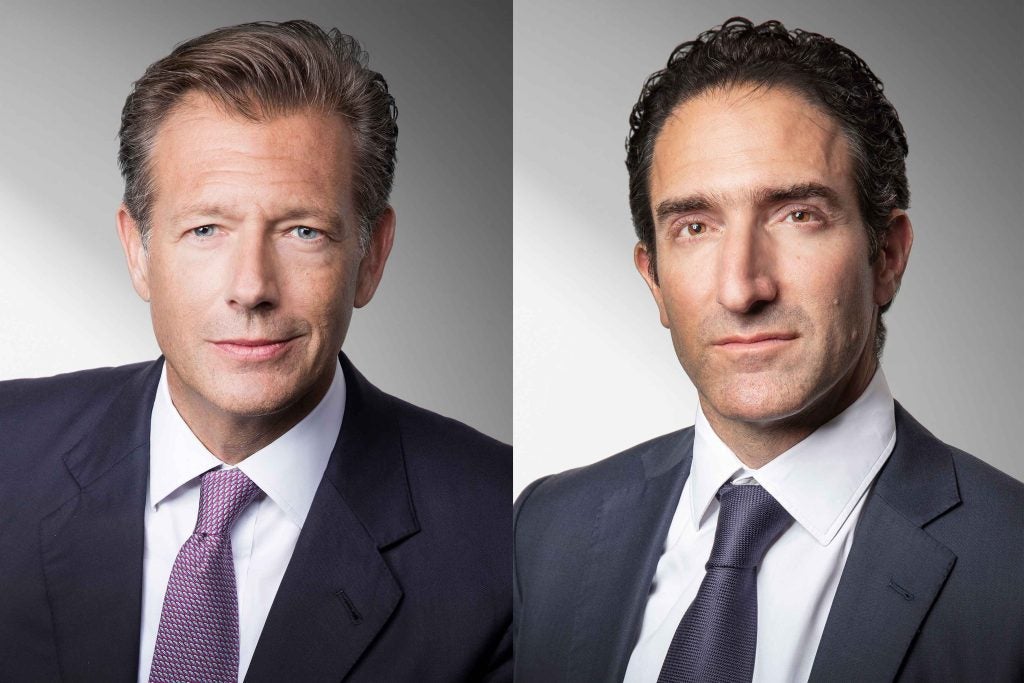
Significant inheritance and wealth transfer to the next generation is one of the most poignant milestones for a family, but getting it wrong could cause a dynastic business’ downfall, says James Fleming, chief executive of multi-family office Sandaire.

Family enterprises rely on successful wealth transfers to evolve and continue their wealth through each generation. It is estimated that only 30% of businesses survive from one generation to the next. It’s imperative to plan carefully to ensure the transition is positive for everyone involved.
Unlike previous generations, today’s millennials are deviating from the traditional approach to where and how their money is invested. With everything at their fingertips linked through digital technology and travel, there’s greater transparency when it comes to understanding their family’s investments. Increased transparency and access to information means that today’s millennials can look into their family’s business, deciding whether or not to agree with their choices of investment.
Philanthropy in its traditional form is no longer sufficient for the traditional next generation investor who wants to do more to solve the world’s complex problems. As millennials increasingly choose to invest in ESG, impact or sustainable investments, traditional ventures made by family businesses might not align with their modern values. Dynastic businesses need to consider how the next generation are wanting to invest, negotiating and sharing opinions, and being transparent about investments, should they wish for their business to endure.
Communication and trust problems can arise when the younger generation feels the older one does not respond to their needs. Lack of education of younger generations by families, as well as a lack of trust and openness can mean that millennials are not prepared to be handed the reins of a family business.
Our formal education system currently offers little to no financial education. As such, we are raising a generation who are, for the most part, unprepared for managing significant wealth. The lack of financial education for young people in the UK can mean that when the next generation are bestowed responsibility in wealth, there’s a lack of understanding of what to do with it.
How well do you really know your competitors?
Access the most comprehensive Company Profiles on the market, powered by GlobalData. Save hours of research. Gain competitive edge.

Thank you!
Your download email will arrive shortly
Not ready to buy yet? Download a free sample
We are confident about the unique quality of our Company Profiles. However, we want you to make the most beneficial decision for your business, so we offer a free sample that you can download by submitting the below form
By GlobalDataValues are often considered the building blocks of a sustainable family enterprise and, indeed, a family’s identity. There are a number of complexities and differences to consider; competing interests, multiple generations, distance, culture, and ambition. Family values, if unaligned, are destined to fail when subjected to pressure. Alignment is the binding force that enables a family’s values to endure. Allowing members of the family to make the values their own and contribute in their own way is essential. It will both allow members of every generation to feel heard and understood, and also encourage a more informed charter of values.
Where multiple generations are involved, it’s important to recognise that values mean different things to different people, particularly millennials. Next generation investors may have differing values to their parents or grandparents. To one person, charity may mean donating a sum of money to a local cause, whereas to another, charity is the giving of one’s time and effort. While both may be equally valid, try to encourage such things in a way that plays to each individual.
Every family is comprised of its own special ecosystem made up of a group of individuals who are alike in some ways, perhaps sharing common family values, but then equally different in others. They, as individuals and as a family entity, are continually growing, evolving, and shifting their needs and priorities. As such, it’s incredibly important to provide delicate guidance and careful stewardship to each family member’s specific needs.
Dynastic businesses can benefit from internal education, but also from external education. Many families look to outside experts to “steady the ship” and help educate and prepare the next generation for the future. Whilst an adviser can never replace the role of a parent, they play a valuable role in providing carefully considered insight on the practicalities of managing significant wealth and helping curate a plan to match their life goals. The right adviser will be able to offer personal and unique offerings, as well as clear and independent advice to prepare the next generation for wealth transfer and assist in aligning family values to continue a family enterprise.
Transparency, communication and education of family members, those joining the business, and those at the helm, engenders trust and ensures preparedness. Any bricklayer will tell you that building blocks are only half of the required materials for a stable wall. Without mortar, blocks lack what is needed to bind them and when subjected to pressure, a building may collapse. Family businesses, if unaligned in their values, are destined for the same fate. Built correctly, anticipating what the world may throw at it, and maintaining it over time, a building may last for centuries.
James Fleming is the chief executive of multi-family office Sandaire.







